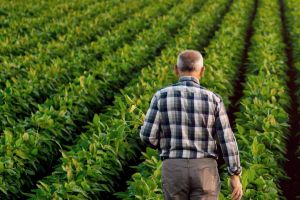Climate change is wreaking havoc on agriculture and food security both in the US and abroad. In collaboration with the Farm Journal Foundation, the Council provides recommendations that are targeted both domestically and internationally.
Introduction
Climate change is wreaking havoc on agriculture and food security both in the US and abroad. Farmers, especially smallholders, are particularly vulnerable to increasing changes in temperature, precipitation, and other extreme weather events, and need new tools to adapt and prosper amidst these challenges. Bold investments in innovation, research, and capacity-building through extension services are critical to creating food systems resilient to heightened threats from climate change, and to leveraging opportunities for agriculture to become a net carbon sink.
Key Findings
In collaboration with the Farm Journal Foundation, the Council provides recommendations that are targeted both domestically and internationally. In the US, strong financial commitments to public-private partnerships and basic public research — in addition to facilitating greater coordination among US government and investing in future young scientists and farmers — can prepare our food and agriculture system to meet incoming climate challenges. Internationally, increased funding towards the CGIAR system, the largest agricultural research system in the world, can generate 10:1 benefit-cost ratio in reducing hunger and poverty. Simultaneously, USAID should expand the number of Feed the Future Innovation labs, as well as establish or re-establish global tracking systems for plant pests and disease as well as zoonotic pathogens.
